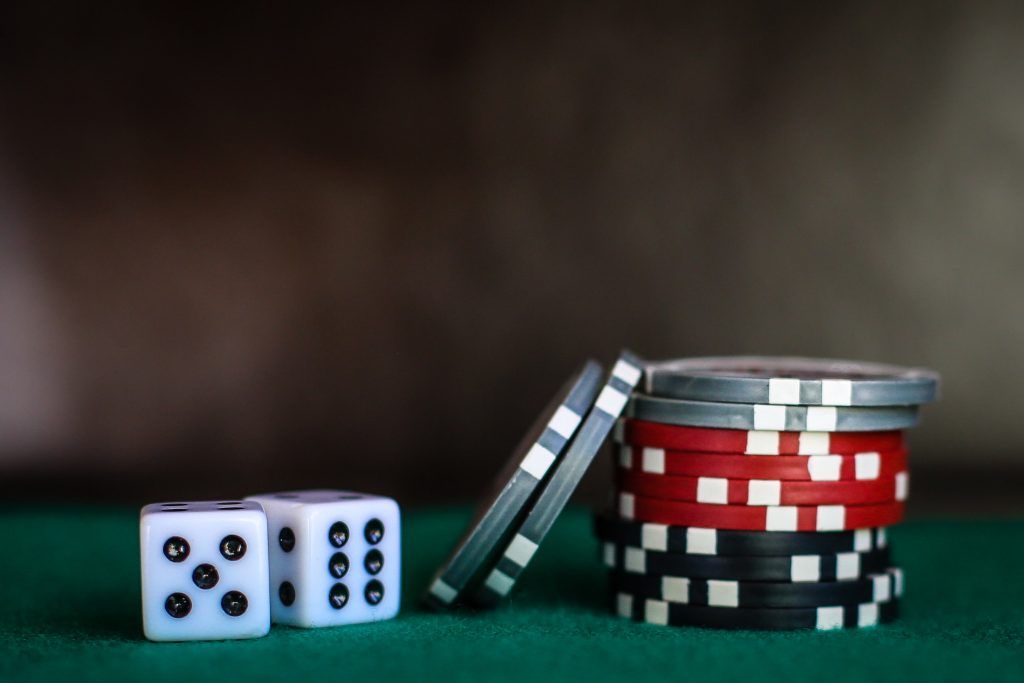Since 2015, OARS has worked mostly with patients who have an opioid use disorder. Through our experience we’ve have learned that many of our patients develop a co-dependence to other substance use disorders as well.
According to Psycom.net, gambling is a $40 billion dollar industry in the United States. In Las Vegas alone—the unofficial gambling capital of the world—the casinos bring in over 10 billion dollars from people placing bets.
Gambling disorder involves repeated problematic gambling behavior that causes significant problems or distress. It is also called gambling addiction or compulsive gambling.

Besides causing dependency, gambling has many negative physical effects and psychological effects.
Gambling disorder can result in these physical effects:
- Problems sleeping
- Weight gain or loss
- Dark circles under the eyes
- Extreme headaches
Gambling disorder can result in these psychological effects:
- A person feels the need to gamble with an increasing amount of money in order to achieve desired excitement
- A person becomes angry irritable, angry, or restless when told to cut back on gambling habits
- A person has frequent thoughts about gambling, relives past gambling experiences, plans the next gambling outing, and thinks of ways to get money to gamble with
- A person will not hesitate to lie to hide their gambling activity
- A person will jeopardize or lose a significant relationship, job, or educational opportunity because of gambling
- A person will begin relying on others to help with money problems caused by gambling
If you think your loved one has a dependency on gambling, look for signs such as:
- Keeping gambling habits a secret
- Having trouble controlling their gambling habit
- Continues to be involved with a gambling habit that they cannot financially afford
- Resorting to illegal activities to pay for their gambling habit
Treatment for dependency on gambling, which OARS now treats, includes:
- Cognitive Behavioral Therapy – CBT focuses on learning new and drug-free ways to cope with stress in life. It relies on recognizing reactions to environmental or emotional cues, stopping the negative impulsive response, and adapting with a healthy alternative.
- Adaptive coping strategies, such as exercise, deep breathing, progressive muscle relaxation, mindfulness, and meditation
- Off-label treatments
If you have any questions about our treatment options or want to learn more about getting into treatment at OARS, call us at 724-912-6277. We’re here to answer any questions you have to get help for you or your loved ones.
